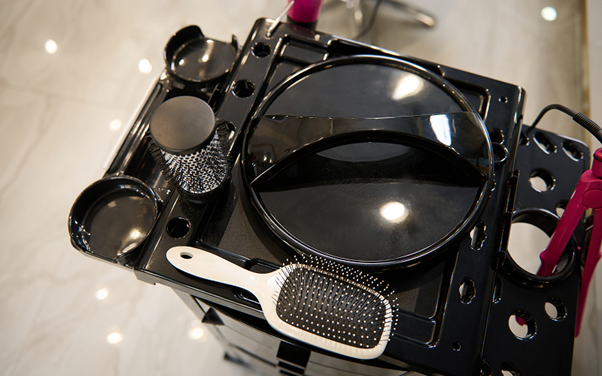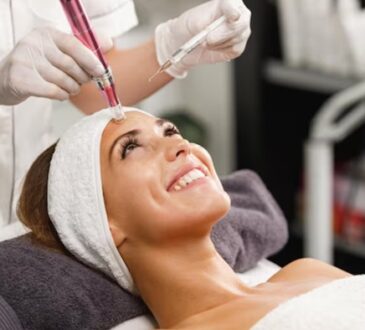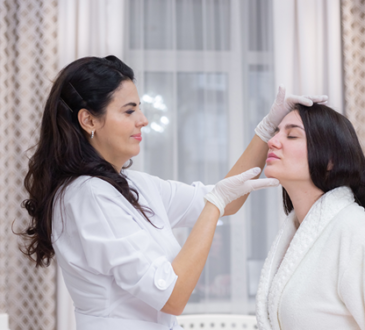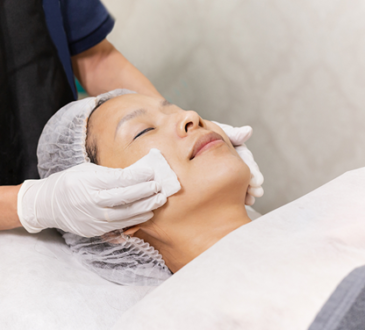
Amidst a saturated market like Singapore’s beauty industry, the term “professional hair salon” is frequently used but often loosely defined. Yet, for discerning customers, the distinction between a basic hair service and a professionally run salon makes a measurable difference. From staff qualifications to hygiene practices, various practical criteria distinguish actual professionals from those who only work in the commercial space.
Expectations are particularly high in high-traffic areas such as Orchard. Salons must not only exceed technical standards, but also cater to the lifestyle needs of a demanding metropolitan clientele.
Staff Qualifications and Continuous Training
One of the first indicators of a professional hair salon is the formal certification and training of its hairstylists. This indicator typically involves obtaining qualifications from recognised institutions. However, professional salons go beyond basic licensing. They regularly invest in refresher courses, regional workshops, and overseas programmes to keep their staff updated on techniques, tools, and safety protocols. This characteristic is particularly important given the rapid evolution of colouring agents, chemical treatments, and tools used in salons today. Continuous training also ensures that stylists can handle diverse hair textures, including Asian, Caucasian, and curly hair types—a must in a multicultural city.
Service Protocols and Consultation Processes
Professional salons operate on systems and protocols rather than ad hoc procedures. One clear example is the consultation phase. A proper consultation includes scalp and hair analysis, understanding lifestyle habits, and setting realistic expectations based on hair history. It also includes a run-through of possible risks and a transparent pricing structure. This initial interaction is often what separates walk-in-centric salons from those aiming for long-term customer retention. A salon that skips or rushes through this step often lacks the process orientation expected of professional service providers.
Product Use and Ingredient Transparency
Another core element of professionalism is the calibre and transparency of products used. Many salons carry well-marketed brands, but professional ones make clear what chemicals or compounds are being applied to a customer’s scalp and hair. This approach includes informing clients of ammonia levels, pH balances, formaldehyde content in smoothing systems, and whether a product is sulphate-free or colour-safe. The best hair salon in Orchard will often have an inventory of professional-only product lines, some of which are not available over-the-counter. These products are chosen not for branding appeal but for efficacy, compatibility with local humidity conditions, and reduced allergen risks.
Hygiene, Equipment and Environmental Controls
Cleanliness is not just about sweeping up hair. A professional hair salon maintains sanitation protocols for combs, scissors, brushes, and basins. Tools should be disinfected after each use, towels laundered professionally, and capes changed between clients. Sterilisation using UV cabinets or alcohol-based solutions is standard. Many Orchard-based salons also invest in better ventilation systems to minimise exposure to fumes from dyes and perming solutions. Noise levels, odour control, and lighting all factor into a workspace that allows both stylist and customer to focus on the task at hand with minimal disruption.
Scheduling, Time Management and Queue Systems
Professional salons manage appointments effectively. Whether through online booking platforms or a dedicated reception team, customers are given accurate estimates of waiting times and service durations. Overbooking or walk-in overloads are typically avoided. The best hair salons often deploy queue systems with real-time updates, ensuring a seamless experience for returning customers. Some may also offer pre-consultation forms or AI-assisted booking platforms to match stylists to specific needs, such as colouring specialists versus haircut-only stylists.
Customer Communication and Aftercare
Post-service professionalism is also a clear indicator. This step includes detailed aftercare instructions, reminders for root touch-ups, or suggested product use at home. A proper hair salon will not just sell products for margin but advise based on previous treatments done. Follow-up appointments, even if not accepted, should be offered. Communication is expected to be factual, not sales-driven. This approach often includes digital records of treatments, products used, and stylist notes, which can be accessed during future visits for better service consistency.
Conclusion
A professional hair salon is defined not by ambience or decor, but by its structured approach to staff training, product transparency, hygiene, service protocol, and post-care communication. Professionalism is not a brand claim but a system of operational disciplines, particularly in Orchard, where salons are numerous and competition is intense. Recognising these practical indicators can help customers choose a provider that prioritises both technical rigour and service reliability over superficial experience.
Visit Stile Hair Studio to book a consultation today with a salon that prioritises service and product integrity.




